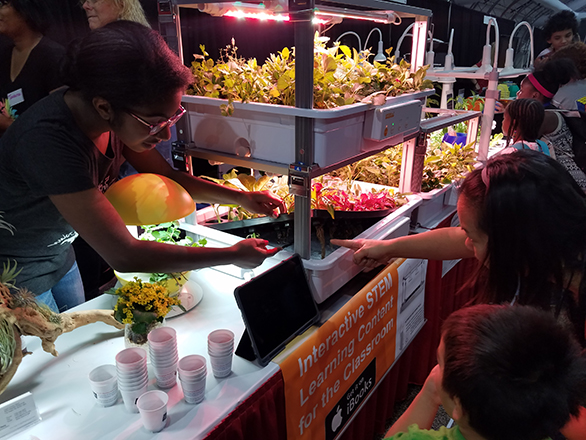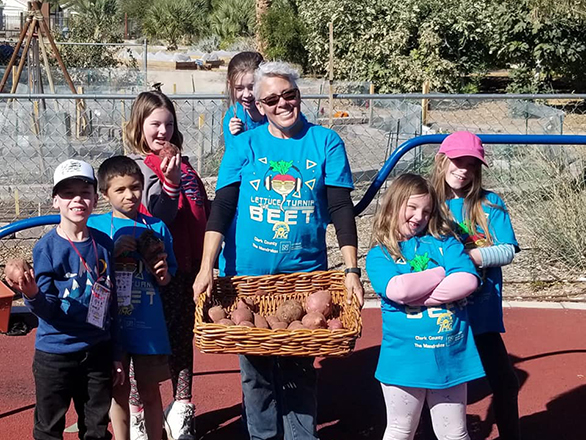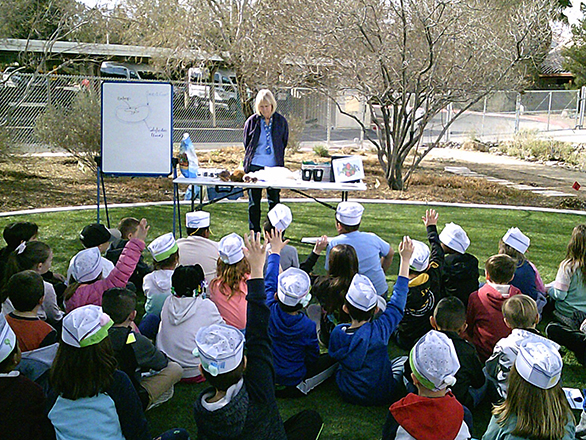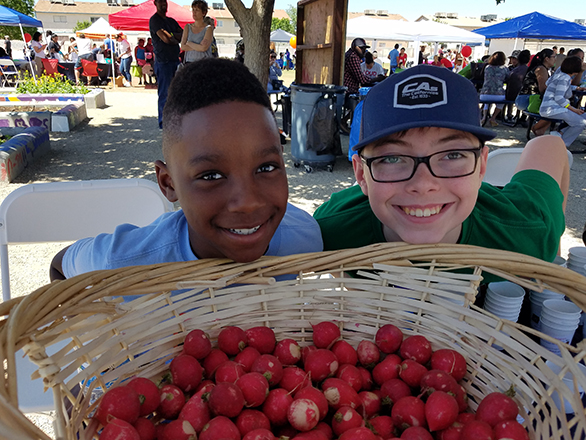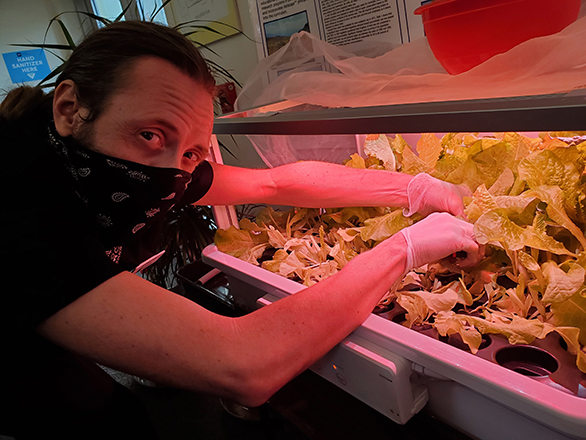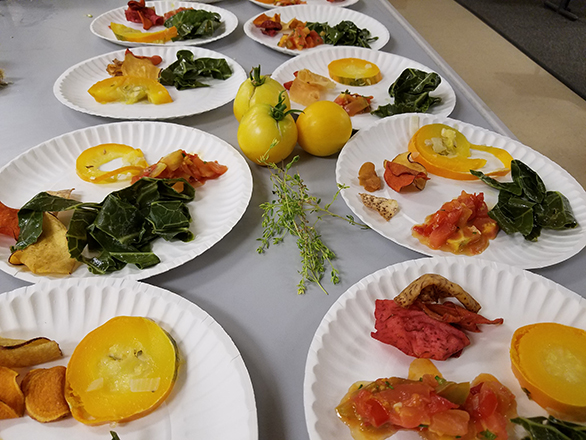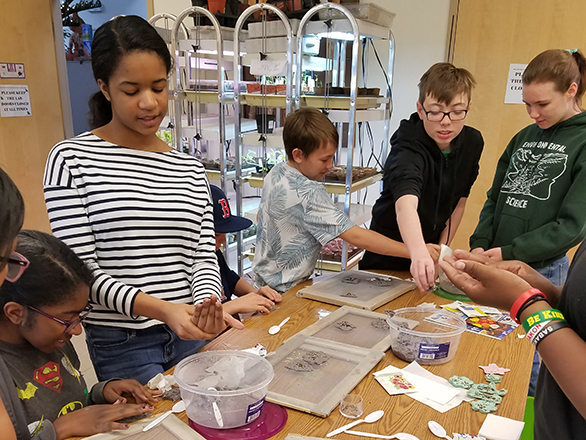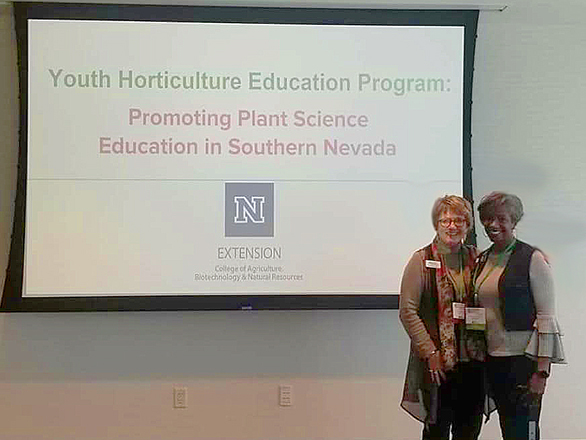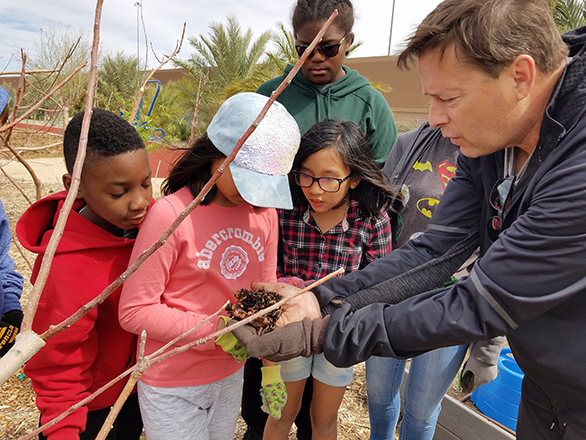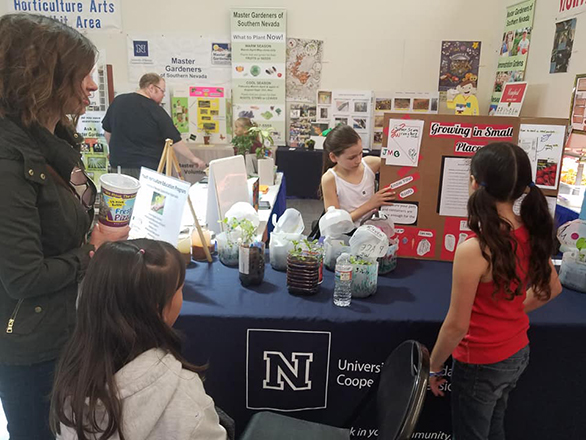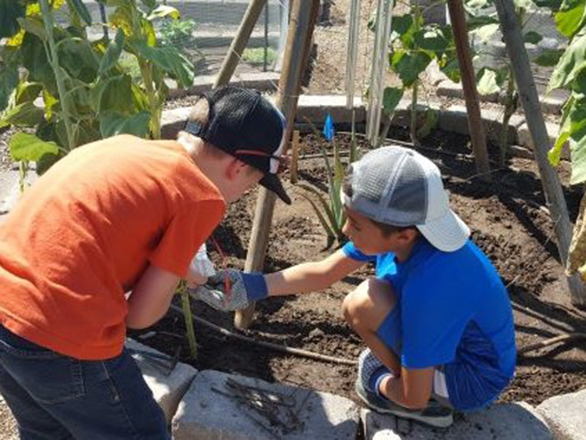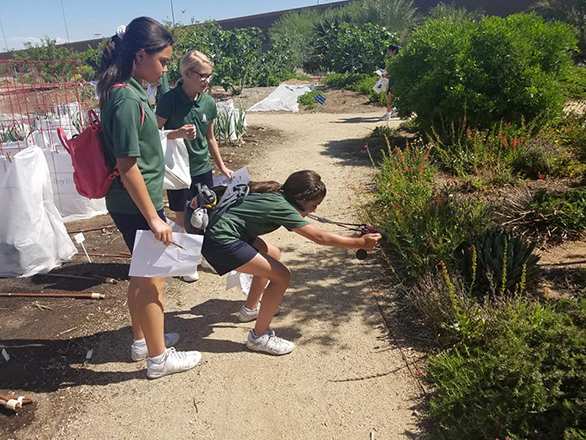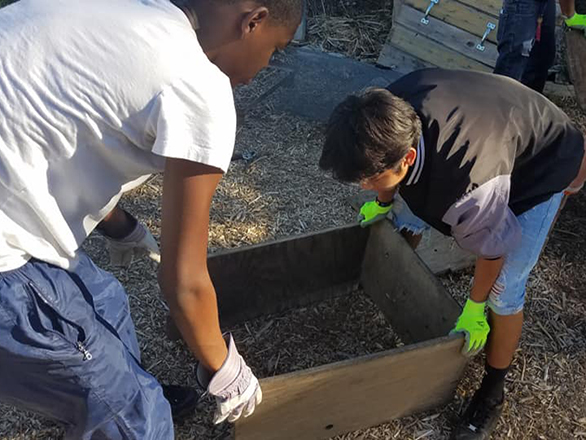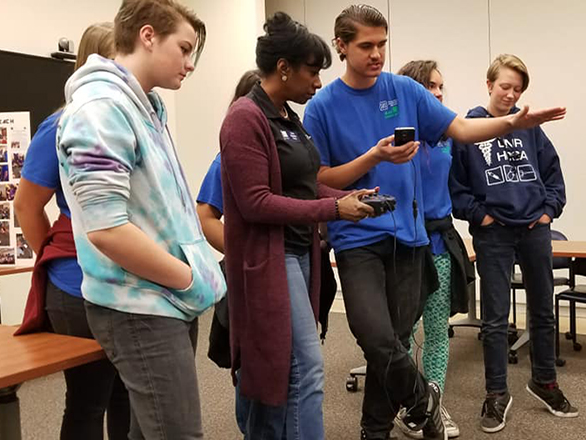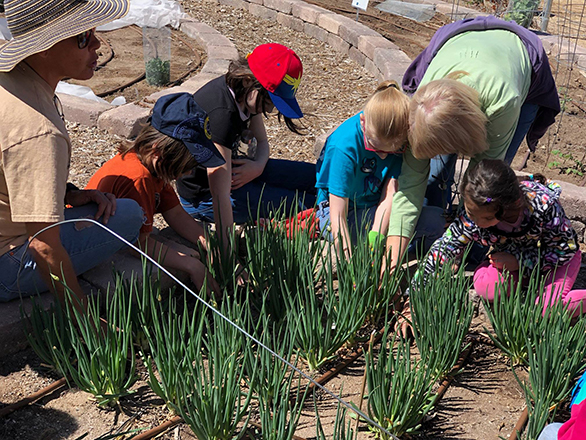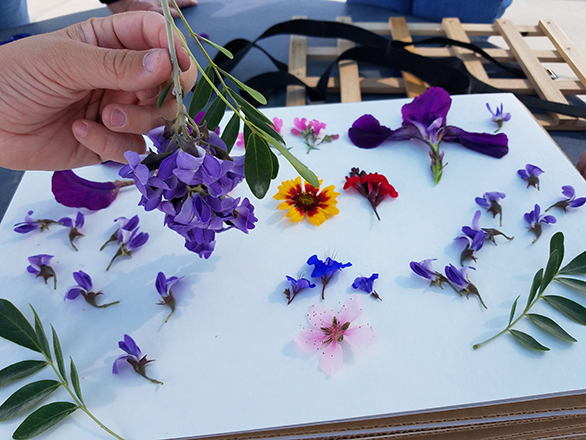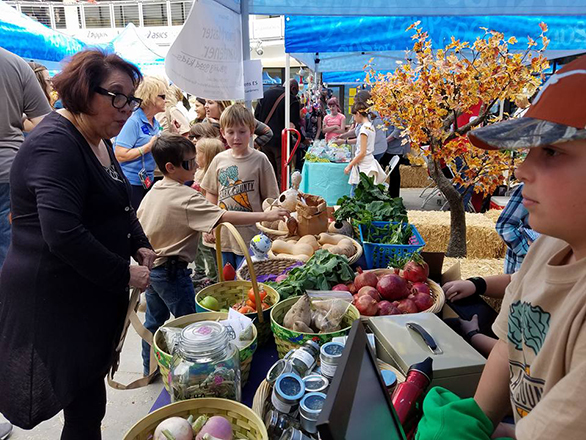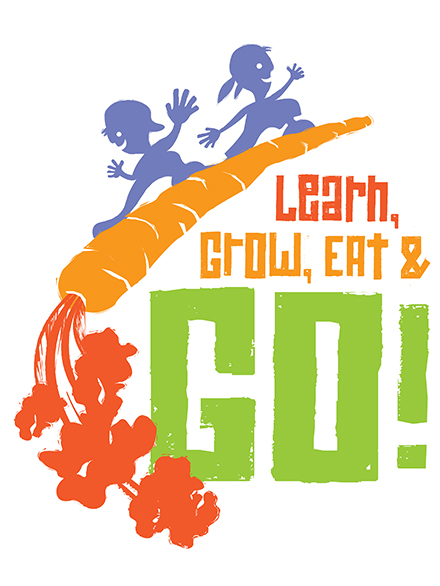Garden-based education for youth, families & educators
Extension has a long history of providing school garden support, field trips and garden-based learning for youth. Extension, Clark County's horticulture department established one of the county's first school gardens programs in 2002!
The Youth Horticulture Education Program (YHEP), designed in 2017, expands on previous efforts to now offer a sustainable four-corner garden-based learning approach for all of Clark County’s youth environments. The program offers horticulture projects for youth, families and educators in collaboration with community volunteers and partners.
Using a four-corner approach, YHEP delivers:
- knowledge development
- career readiness
- professional development
- basic garden support for youth environments.
The four-corner approach allows YHEP to permeate through all levels of the ecological model for positive youth development.
For more information contact Program Manager, Tricia Braxton Perry.
YHEP Outdoor Classroom
How to Start a School Garden
- Form a garden committee. Start with at least 3 teachers and one or more administrators. This is crucial because, without a commitment from teachers and administrators, the garden may not be sustainable.
- Define the purpose of your garden. What needs can your garden fill? Where will the funding come from?
- Layout your objectives.
- Define a multi-year plan for your garden. What will happen to your garden during the summer? What will you be planting?
- Identify an appropriate location for the garden taking into consideration access to water-source, natural light, and accessibility.
For more information about USDA school garden recommendations, please visit: https://www.usda.gov/media/blog/2013/08/13/start-school-garden-heres-how
Testimonials
"Always enjoy our visits to the garden. The staff is always kind and professional. I like that they take the time to ensure all of our students get to participate in the lesson and give them ample opportunities to learn and work hands-on in the garden." Kayla F., High School Teacher- CCSD
"Because of the JMG program and the outstanding support from the Las Vegas staff, my students have had the opportunity to participate in activities that are engaging and enhance their learning. Not only does the JMG curriculum address academics, but it also provides opportunities for students to explore career opportunities, develop employability skills, and meet post-secondary transition goals. Thank you, Nicole and Tricia, for all your help and support." Linda D., CCSD Special Education Teacher
"I am thrilled to be able to work with the staff at YHEP in Las Vegas. They are the hardest working, most devoted, and knowledgeable leaders I could ever imagine. They spend so much time planning and preparing for every event and it always is a success. The only criticism is that there are not enough of them. The demand is there. We have a tremendous need in Southern Nevada for horticulture education for our kids. We need to grow this department. There is tremendous demand and it is essential that these young people have the kind of instruction that they get from our YHEP group at UNR of Southern Nevada." Michelle D., Master Gardener
"The JMG program has been a wonderful learning experience for my Kindergarten students. They have learned so much about plants, water and soils. They have gone from "never dirty divas" to " dirt lovers!" It has been a great transition for them, and it has worked cross-curricular as well." Carrie R., Elementary School Teacher- Private school
"Over 90% of students involved in [Summit View Youth Center] have never been exposed to horticulture and are completely unaware of how plants and food are grown. Students report the most astounding outcome from the class is being able to plant and monitor growth. There is a sense of real achievement in seeing a plant mature, especially when it is directly related to their oversight. [YHEP] develops a sense of responsibility and pride with a positive outcome. Garden to plate - the ability to eat food directly from the garden is a real "AHA" moment. The last class made salsa, salads, etc. which was something most had never done." Lynne R., Department of Juvenile Justice Services
Photo gallery

